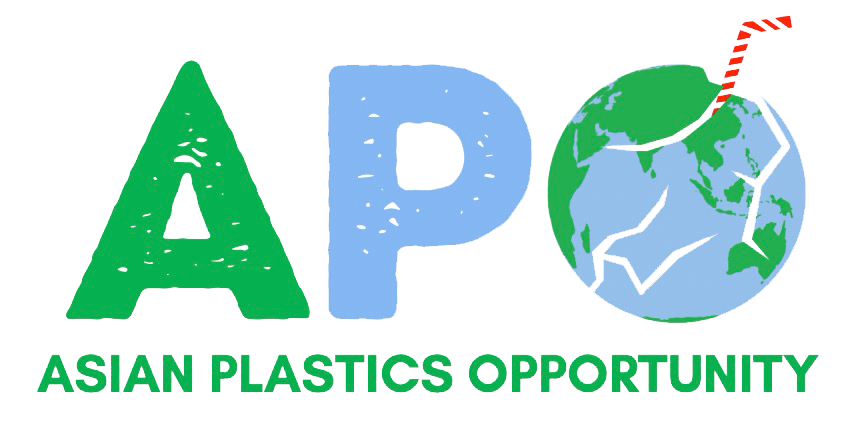THE FACTS
More than 150 million metric tons of plastic waste have accumulated in the seas already
More than 8 million tons added every year
Around 80% of the garbage in the sea are plastics
Plastic waste has a lifespan of up to 600 years
Micro plastic ultimately reaches the human food chain
Managing plastic marine litter is difficult. Once in the ocean, its sources and impacts are trans-boundary by nature, making it difficult to address jurisdictional responsibility for remedial action and clean up.
Missing global regulatory frameworks on litter prevention
and upstream interventions make it challenging to reduce marine littering.
World Bank projects that 1.3 billion metric tons of MSW is generated each year, 10% of the total MSW produced, or 130 Million MTPY, is plastic
Global plastics production is an estimated 300 million metric tons each year growing at a rate of 4% annually
The UN have estimated an annual economic damage caused by plastic waste is to be at 13 billion US dollars
This number does not take into account any consequential damage (i.e. caused by plastic in the food chain, etc.). In addition, the garbage causes other negative economic consequences: tourism industry is threatened as beaches are polluted, fishermen fight with plastic waste in their nets, garbage is caught in ship bolts, cooling water systems and desalination plants.
why ASIA?
Waste management is one of the modern world’s greatest
environmental challenges. For good reason, we are focusing
our efforts on plastic waste recycling on Asia. More than 80%
of the total global plastic pollution result from five Asian nations
only.
C H I N A - I N D O N E S I A - P H I L I P P I N E S -
V I E T N A M - T H A I L A N D
In addition to the generally low level of education and the lack
of awareness of the problem of plastic waste pollution and its
context, the complete lack of any efficient waste management
& associated infrastructure is responsible for the current
situation.
That is why we developed our decentralised, small size and modular plastic waste treatment concept.
DEVELOPING COUNTRIES
The APO Waste to Energy concept perfectly fits for every emerging country too, as it provides new sustainable green energy supply to remote locations, even not connected to power supply and waste treatment infrastructure, while combating increasing environmental pollution at the same time. Whatever has been said before concerning ASIA is one on one true and transferrable to almost every country in AFIRCA or CENTRAL and SOUTH AMERICA.
WHAT WE OFFER: - CO2 emission free (plastic) waste treatment concept
- new carbon-free energy sources & storage concepts
- sustainable, global impact investment opportunities
- awareness by educating a carbon-free energy future
- initiatives & programs for local activity (clean-ups, …)



